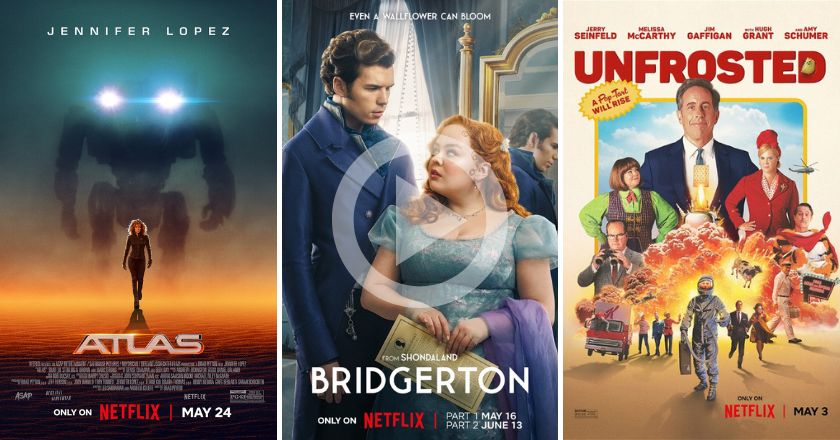
Freeheld is the biographical story of New Jersey police lieutenant Laurel Hester (Julianne Moore), who, together with her domestic partner Stacie Andree (Ellen Page), fought to overturn the county legislature that would deny Andree the benefits of Hester’s pension after she was diagnosed with terminal cancer.
Part Sapphic love story and equal parts political diatribe, while it is always well meaning, Freeheld is a film that strains beneath the wait of its message.
The message itself -equality in all spheres- tries harder than it needs to legitimise something which, even just contextually within the film, is anyway self-apparent. The problem is that it has all the subtlety of a Troy McClure educational reel and is unabashedly propagandist. Characters recite lists of facts and statistical data for our benefit, hammered home in a manner that denies its audience the liberty of drawing its own conclusions.
All this is somewhat ironic considering that within the film Hester is reluctant to politicise her own cause.
Worse is that most of the characters beyond Hester and Andree are flagrant stereotypes, not just of republicans and bigots but of homosexuals as well, with Steve Carrell’s gay barrister being the clownish apex of narrow dimensions with which they are too often depicted.
In a movie that holds expansiveness as its key principle, such black and white actualisations represent a serious flaw. That the film has a solid and convincing argument for what it wants to say only means that it was less than necessary to fall back so heavily on caricatures or neuter the opposition of any gravitas.

That being said, however, Carrell himself is as usual a welcome on-screen presence who does inject a sense of levity and light relief into what is otherwise a relatively heavy subject matter.
It is also worth noting that, in spite of its tragic trajectory, Freeheld is a positivist film at the end of the day that never resorts to miserable wallowing and instead favours a celebratory glass half-full outlook on life. This means that while seeing Moore deteriorate into a bald emaciated husk and Page get screwed over by insurance companies may induce you to tears, it does so with warmth and humour. In other words, it will make you feel good while also making you feel really bad.
The best thing about Freeheld is that Hester and Andree’s relationship is genuinely affecting. Moore and Page are great actresses and their performances capture both the tenderness of a budding relationship and the heartache of its inevitable conclusion as Hester descends into rapid infirmity. Their talent is to take what is an often pedestrian script and, at least in some regard, to transcend its redundancy. Furthermore, their bond better conveys the equal humanity of a same-sex partnership than the boorish politicising that too often hijacks the film, speaking for itself rather than proselytizing.
Ultimately, Freeheld is still a highly watchable film, even as its trips and stumbles over its own fervour, and fervour is always preferable to apathy, and apathetic this film is not.
THE REEL SCORE: 6/10
– M.L.







